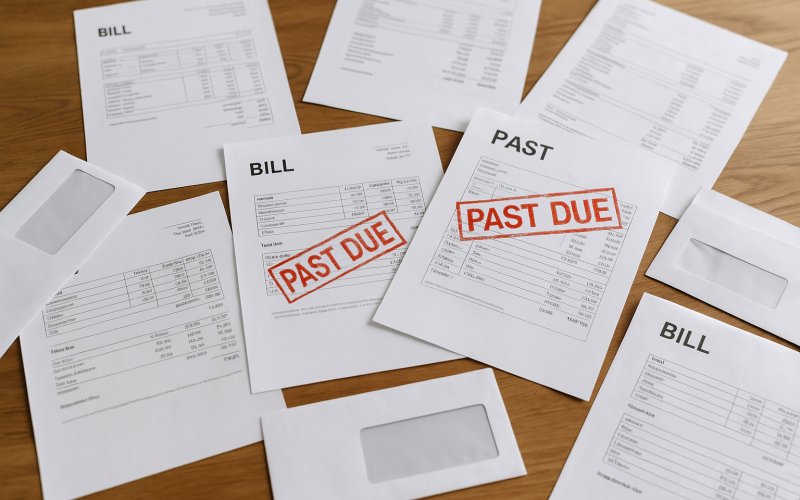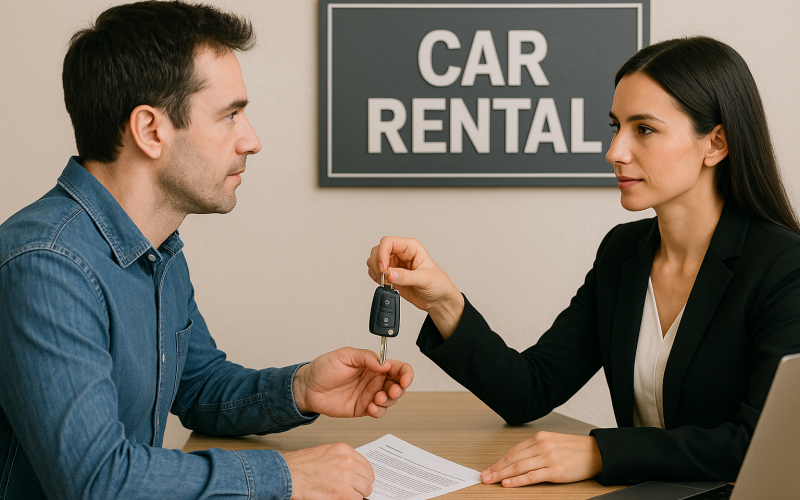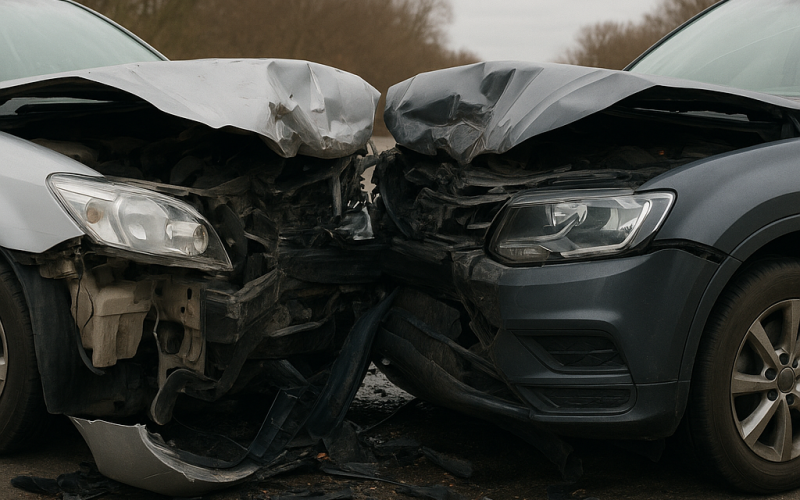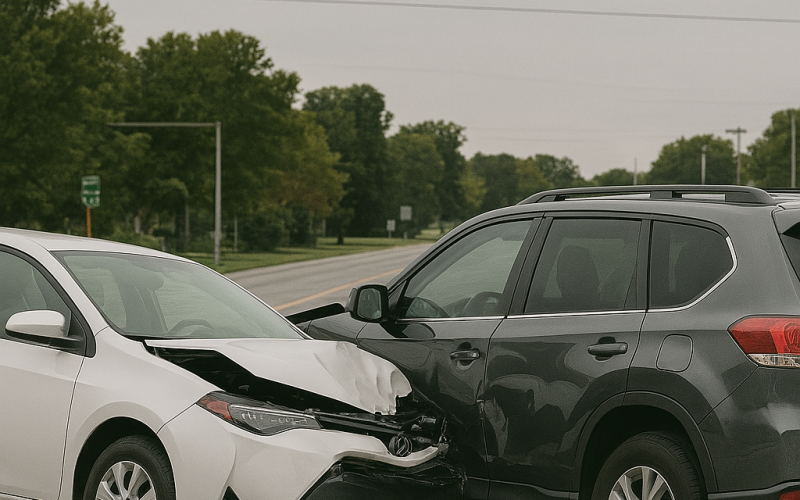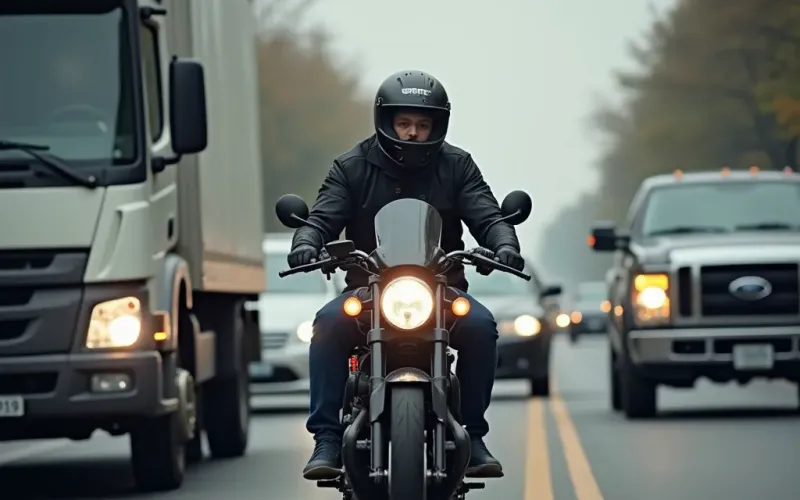How To Determine Fault in a South Carolina Car Accident
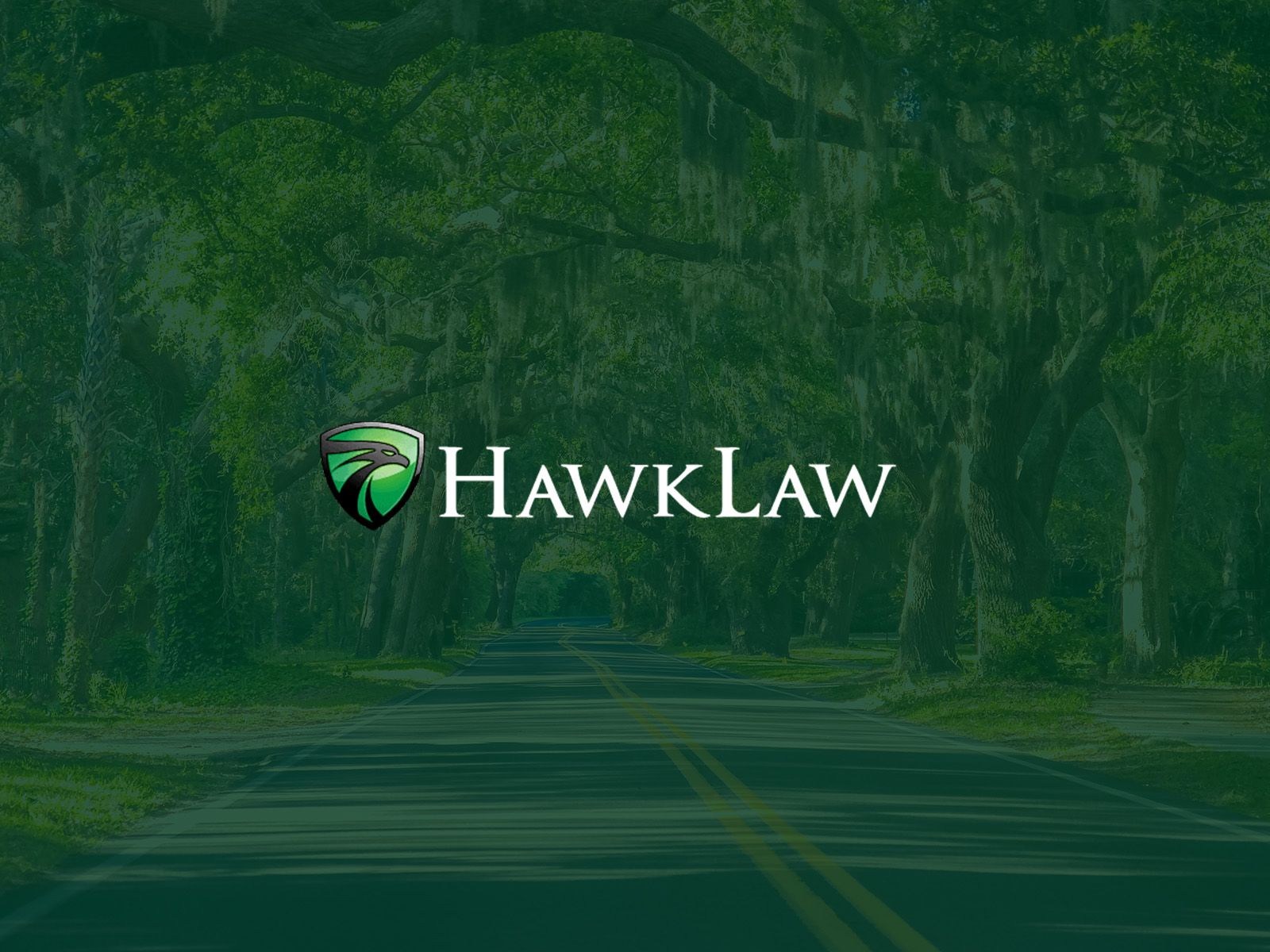


Getting involved in a car accident is never an easy situation. Recovering from your personal injuries is going to be painful enough, but getting through to a car insurance company can add stress to an already unpleasant situation. We know how tough it can be to want everything to return to normal while an insurance company seems to be slowing down the process.
By knowing who is at fault for an accident, you can speed the process along quite a bit due to South Carolina’s rules about liability, but that does not change how insurance companies operate. Their bottom line depends on denying as much coverage as they can. Whether you think the insurance adjuster is trying to lowball you or they are asserting that you are at fault for an accident when you feel that you were not, the experienced personal injury lawyers at HawkLaw, P.A. are here to help. Learn the details of how to determine fault in a car accident in SC.
How Does Fault Affect the Settlement?
Your settlement is dependent on how much you are at fault. If you get assigned 20% responsibility for the accident, for example, you will only be able to recover compensation for 80% of your damages. If you are more than 50% responsible, however, you will not be able to recover any damages at all from your car insurance claim.
What Are the Ways to Determine Who is at Fault in a Car Accident?
Determining fault is not always easy in a car accident. In some cases, it is fairly straightforward, such as a rear-ending in which a negligent driver hits someone who is sitting still. Others are not quite so simple, which can make determining fault a challenge that is up to the car insurance company.
Insurers will begin their process by gathering information from all parties involved, as well as any eyewitnesses they are able to reach. The official police report from the accident also plays a big role, which is why it is so important to notify the police as soon as possible in the case of an accident. This also gets emergency medical services on the scene, which should be the top priority at all times.
Assuming the auto insurance company correctly identifies the fault in the case of your accident, they will apply insurance coverage based on that fault. South Carolina is an at-fault state that utilizes a modified comparative negligence standard, which means involved parties may each hold a percentage of fault.
What Happens If Fault is Not Easily Determined in a Car Accident?
Car accidents stem from a variety of factors and circumstances, and sometimes tracing back the source is not always easy. In instances where fault is difficult to determine, insurers will have to do a little detective work to find who is at fault. While there are several ways to go about this, the ultimate goal is to gather enough evidence to be able to potentially prove in court who is at fault.
Eyewitnesses are extremely helpful in the process of determining fault. While they can be unreliable at times, enough of them giving the same testimony can strengthen a case immensely. If you get into an accident and are physically capable afterward, make sure you get the contact information of any witnesses to the accident rather than just the insurance information from other drivers. Witness testimonies could be the key that makes your case.
Other pieces of physical evidence include photos. Before moving any vehicles at the scene of the accident, take as many photos as you can. Be sure to highlight the vehicle’s damage, the positioning of the vehicles involved, and any tread marks that remain on the road. If the other car’s paint transferred onto your vehicle during the impact, be sure to photograph that as well as general property damage caused by the accident. If you can, it may be helpful to photograph your bodily injuries as well.
Calling the police is necessary after every accident, as police officers have resources that could benefit your case. Their official accident report will play a major role, of course, but they will also be able to get any footage from traffic cameras that caught the accident. Having video footage typically makes determining fault very easy, and even if it does not, it can still be useful as supplemental material for your case.
What is the Difference Between Contributory Negligence and Comparative Negligence?
South Carolina is an at-fault state when it comes to car accidents as opposed to a no-fault state. That means that the driver responsible for the accident must pay for the damages caused by the accident. Before 1991, South Carolina used a contributory negligence standard, which is much harsher. If any driver involved in an accident held any degree of fault, even just 1%, they could not receive any damages at all. Now, South Carolina uses a comparative negligence standard that assigns percentages of responsibility for an auto accident to multiple parties. Your ability to recover damages depends on your percentage of fault for the accident.
To best understand comparative negligence, take a look at this example.
Imagine you are in a car accident in which you were driving slightly above the speed limit. Another driver T-bones you, and they were driving distracted and ran a red light or stop sign or made an illegal left turn. For the most part, the accident is going to be the other driver’s fault, but you were still violating traffic laws by speeding. Because of this, it is possible that a court could find you to be 10% at fault for the accident and the other driver 90% at fault. If you suffered $10,000 worth of injuries in the accident, the other driver’s insurance would only have to pay you $9,000 of that.
With South Carolina’s modified comparative negligence:
- Any driver who is more than 50% at fault for the accident cannot recover any damages at all.
- If both drivers in an accident are equally responsible, which means each driver is 50% responsible, both may still recover compensation for 50% of the sustained damages.
What Are the Consequences of Being At-Fault?
Generally speaking, being at fault for an accident means having to pay for the damages sustained by the other accident victims. These damages cover quite a few different factors, including medical expenses, car repairs, lost income, and even noneconomic damages like pain and suffering.
The degree of fault you have for an accident may not necessarily be all-encompassing, and that affects the amount of damages you have to cover. By utilizing the comparative negligence standard, if the court finds you 70% at fault for an accident in which the other party suffered $10,000 in damages, you will only have to cover $7,000 of it.
To be clear, the at-fault driver’s insurer, not the driver, covers the damages for the other party. The only way the at-fault driver would be personally financially responsible is if the damages exceed the amount covered by their auto insurance or if they do not have insurance at all. According to South Carolina law, all drivers must have liability and uninsured motorist coverage on their insurance policy.
Personal Injury Protection, or PIP, is a type of no-fault insurance that can still offer coverage for damages in cases where you are at fault. Instead of having to worry about the other driver’s insurance, you will appeal to your own insurance for compensation.
What If There Are Multiple Drivers At Fault for a Car Accident?
Multi-party liability can affect a case a great deal. The more drivers an accident involves, the more complex it can be. Still, the overall standard works the same way regardless of the number of people involved. The 50% at-fault modified limitation to the comparative negligence standard still applies even if an accident involves more than two drivers. Put simply, the 50% at-fault limit does not scale based on the number of drivers involved.
With that in mind, you can adopt a different strategy when approaching a case that has multi-party liability. Instead of having to worry about the exact percentages of fault for every single party involved, all you have to do is prove that your contribution is less than 50% to get compensation.
What Do You Need to Prove to Get Compensation After a Car Accident?
To get any kind of compensation after a car accident, you will need to prove that you were less than 50% responsible for it. In most South Carolina car accident cases, establishing negligence involves proving all four of the following points:
- The other driver owed a duty of care to you, such as the duty to drive safely.
- The driver breached this duty, such as by not paying attention to the road.
- This breach caused your injuries.
- You suffered actual damages due to your injuries, such as medical expenses and lost wages.
Remember to never apologize or admit fault to the other driver or any insurer.
Are You Being Blamed for a Car Accident You Did Not Cause?
Make sure fault gets properly applied in your car accident case. The experienced car accident lawyers at HawkLaw can provide the legal advice you need and help you build a case to protect your claim and recover the compensation you are owed. HawkLaw Fights to Win! Call us now so that we can fight for you!
Request a free consultation* by calling 888-HAWKLAW or filling out our online contact form to get your case evaluated by a car accident attorney at our law firm.
Frequent Answered Questions
The statute of limitations in South Carolina for a car accident is three years from the date of the accident to file a lawsuit seeking to hold an at-fault driver liable for your injuries. If a loved one dies as a result of a car crash caused by someone else, you have three years from the date they died to file a wrongful death lawsuit.
“Liability” refers to a person’s legal responsibility for an accident or action. South Carolina law recognizes two main kinds of liability:
- Criminal liability results from a conviction for a criminal offense, which could lead to a fine, imprisonment, and other punishments.
- Civil liability may result from an action or a failure to act in a wide range of circumstances. A person may be civilly liable for a car accident, for example, if their failure to use appropriate caution while driving caused the action. They could be obligated to pay monetary damages to the accident victims or their families.
Every driver who operates a vehicle on South Carolina roads must have car insurance. Insurance companies offer several different types of insurance, but South Carolina law only requires drivers to purchase liability and uninsured motorist coverage. Other types of insurance coverage a South Carolina motorist can purchase include PIP insurance and underinsured insurance.
Insurance coverage in South Carolina attaches to vehicles and their drivers. If you loan your car to someone, and that person causes an accident while driving it, you are not personally liable for the damages. Your insurance will, however, provide the primary coverage for any accident victims. The driver’s insurance provides secondary coverage if the victim’s damages exceed your policy’s coverage limits.
The above rules only apply if you gave someone permission to drive your car. If the driver did not have your permission, neither you nor your insurance company has any responsibility. This mainly applies to accidents caused by car thieves.
John D. Hawkins
John Hawkins is the Founder and CEO of HawkLaw He has been licensed to practice law in South Carolina since his graduation with honors in 1994 from the University of South Carolina School of Law, where he was on the Law Review and Order of Wig and Robe.
-
$3,000,000*SettlementTrucking Accident
-
$1,005,000*SettlementCar Accident
-
$575,000*SettlementPersonal Injury
"*" indicates required fields




